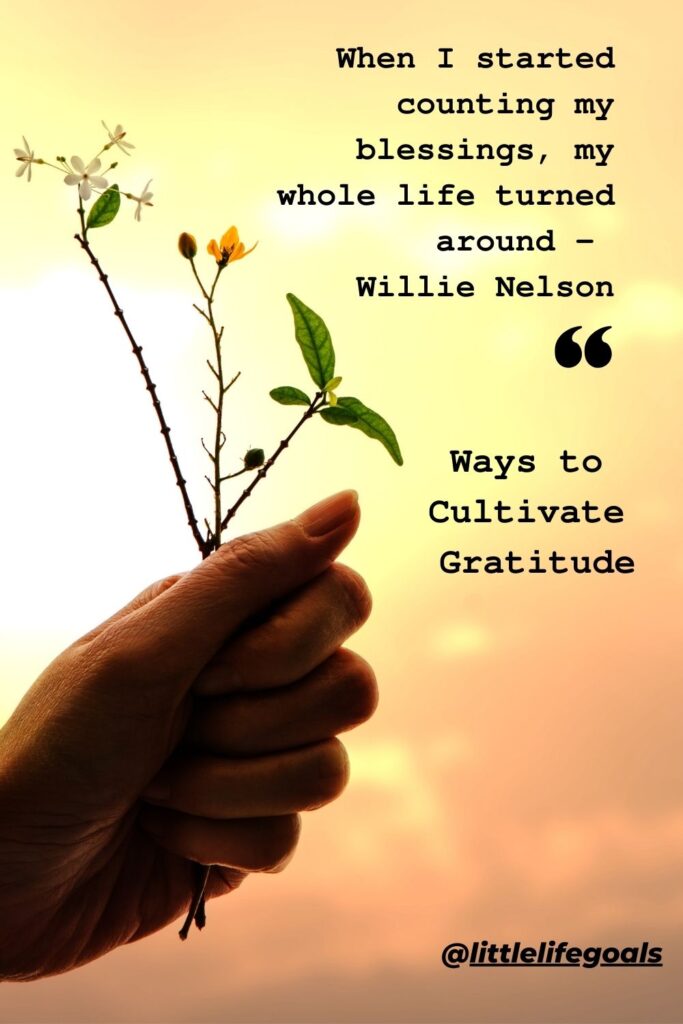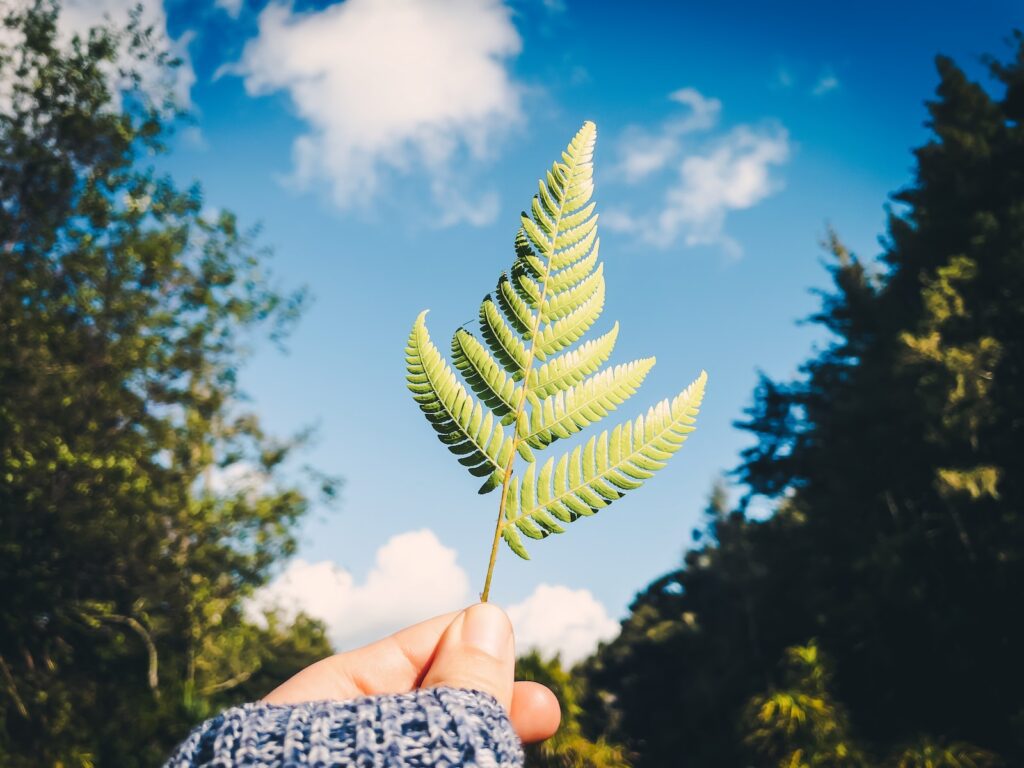Introduction
Gratitude and appreciation are two powerful emotions that can have a profound impact on our lives. When we are grateful, we focus on the good things in our lives, both big and small. This can help us to feel happier, more content, and more connected to others. Appreciation is similar to gratitude, but it is specifically focused on the people in our lives who have made a positive difference. When we appreciate others, we let them know how much we value their contributions.
There are many reasons why it is important to practice gratitude and appreciation. Gratitude has been shown to:
- Reduce stress and anxiety
- Improve sleep quality
- Boost the immune system
- Increase happiness and well-being
- Strengthen relationships
- Promote forgiveness
- Enhance creativity
- Improve focus and concentration
- Increase resilience
- Improve overall mental and physical health
In this blog post, we will explore the art of gratitude and appreciation. We will discuss the differences between gratitude and appreciation, the benefits of practicing these emotions, and ways to cultivate them in our lives. We will also discuss some of the roadblocks to gratitude and appreciation, and how to overcome them.

Understanding gratitude and appreciation
Gratitude and appreciation are often used interchangeably, but there are some subtle differences between the two emotions. Gratitude is a feeling of thankfulness for the good things in our lives. Appreciation is a feeling of respect and admiration for the people in our lives who have made a positive difference.
Gratitude can be expressed in many different ways, including:
- Saying “thank you”
- Writing a thank-you note
- Giving a gift
- Doing a favor
- Simply taking the time to acknowledge someone’s contributions
Appreciation can be expressed in many different ways, including:
- Telling someone how much you appreciate them
- Giving them a compliment
- Doing something nice for them
- Simply being there for them
Ways to Cultivate Gratitude and Appreciation
There are many ways to cultivate gratitude and appreciation in our lives. Some of the ways include:
- Keep a gratitude journal: Each day, write down at least three things you are grateful for. This can be anything from the big things, like your health and family, to the small things, like a beautiful sunset or a delicious meal.
- Practice random acts of kindness: Do something nice for someone else, without expecting anything in return. This could be something as simple as holding the door open for someone or giving someone a compliment.
- Spend time with loved ones: Make time for the people who are important to you. Let them know how much you appreciate them.
- Take time for yourself: Do something that you enjoy and that makes you feel good. This could be reading, taking a walk, or listening to music.
- Be mindful of your surroundings: Take the time to appreciate the beauty of the world around you. Notice the trees, the flowers, the animals, and the people.

Understanding the roadblocks to gratitude and appreciation
There are a few roadblocks that can prevent us from practicing gratitude and appreciation. Some of the roadblocks include:
- Negative thinking patterns: If we are constantly focusing on the negative things in our lives, it will be difficult to be grateful for the good things.
- Envy and jealousy: If we are envious of others or jealous of their possessions, it will be difficult to appreciate what we have.
- Unrealistic expectations: If we have unrealistic expectations about what life should be like, we will be more likely to focus on the things that are missing.
Strategies for overcoming roadblocks
There are a few strategies that can help us to overcome the roadblocks to gratitude and appreciation. Some of the strategies include:
- Challenge negative thinking patterns: When we catch ourselves thinking negative thoughts, challenge them. Ask yourself if there is any evidence to support the thought. If not, try to replace the thought with a more positive one.
- Practice forgiveness: If we are holding onto anger or resentment towards others, it will be difficult to appreciate them. Practice forgiveness by letting go of anger and resentment.
- Focus on the present moment: If we are constantly worrying about the past or the future, we will miss out on the present moment. Focus on the good things that are happening right now.
- Be grateful for the small things: It is easy to take the small things in our lives for granted. Make a conscious effort to be grateful for the small things, like a warm bed, good health, and the beauty of nature.

Conclusion
Gratitude and appreciation are two powerful emotions that can have a profound impact on our lives. When we practice gratitude and appreciation, we focus on the good things in our lives, both big and small. This can help us to feel happier, more content, and more connected to others.
If you are looking for ways to improve your life, I encourage you to start practicing gratitude and appreciation. It is a simple practice that can have a big impact.
Here are a few final thoughts to keep in mind:
- Gratitude and appreciation are not about being perfect. We all have things to be grateful for, even if we are going through a difficult time.
- Gratitude and appreciation are not about comparing ourselves to others. We should focus on our own lives and be grateful for what we have.
- Gratitude and appreciation are not about feeling guilty. We should not feel guilty for being grateful for the good things in our lives.
Gratitude and appreciation are about opening our hearts to the good things in our lives. When we do this, we can experience more happiness, more contentment, and more connection with others.
So, what are you waiting for? Start practicing gratitude and appreciation today!

